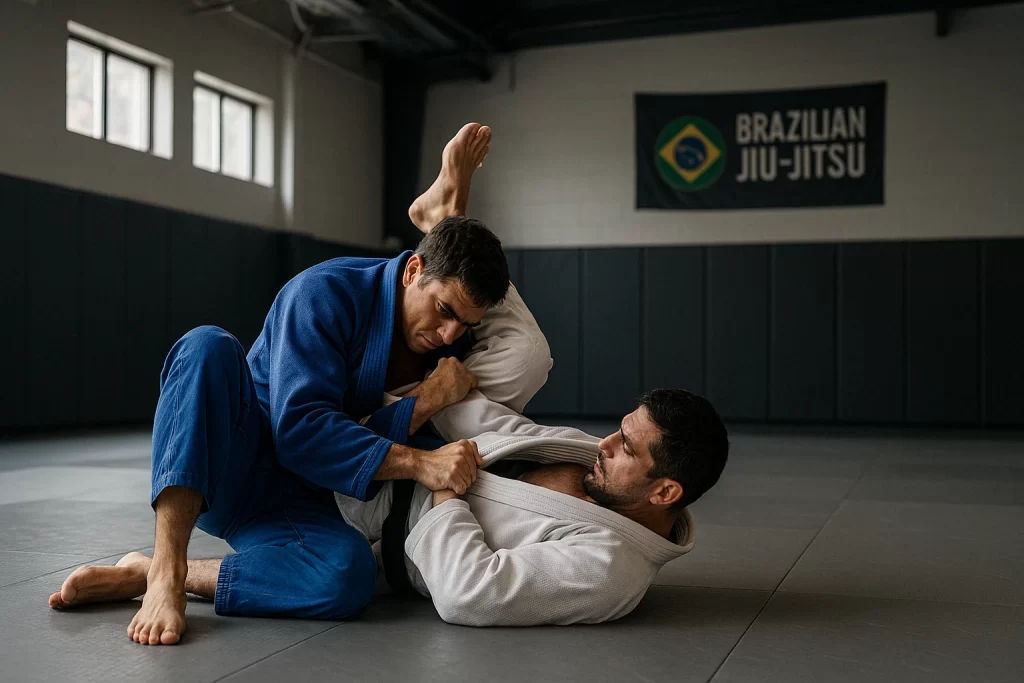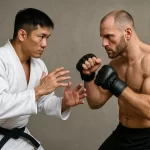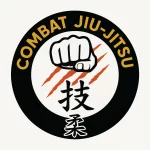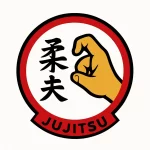Jiu-Jitsu

Jiu-Jitsu is a grappling-based martial art focusing on ground control, submissions, and leverage. Brazilian Jiu-Jitsu (BJJ) has become especially influential in sport and MMA contexts.
Recent posts

The Future of Jiu-Jitsu in the Modern World
Jiu-Jitsu Today: Between Global Expansion and Identity Crisis Jiu-Jitsu, once a discipline deeply rooted in tradition and battlefield pragmatism, now finds itself at a complex

Jiu-Jitsu Compared to MMA and Traditional Arts
What happens when tradition meets versatility? This in-depth comparison between Jiu-Jitsu and MMA explores how two of the most popular martial paths differ in technique, mindset, and real-world application. Whether you’re drawn to the precision and patience of grappling or the intensity and adaptability of full-contact combat, this article reveals what truly matters in the dojo, the ring, and daily life—backed by real examples, tactical analysis, and age-specific insights.

The Future of Brazilian Jiu-Jitsu in the Modern World (Part 2)
What happens when an ancient grappling art collides with virtual reality, trauma-informed education, and community-driven evolution? Brazilian Jiu-Jitsu is undergoing a transformation—refining its techniques, redefining its purpose, and rebuilding its institutions. This article offers a critical look at how BJJ is preparing for a future filled with new threats, new technologies, and new human needs—without losing its soul.
Karate Essentials
Overview
Jiu-Jitsu is a grappling martial art emphasizing leverage, joint locks, and submissions, especially on the ground. Brazilian Jiu-Jitsu (BJJ) popularized the art in modern sport and MMA.
History of Jiu-Jitsu
Originating from traditional Japanese jujutsu, Jiu-Jitsu evolved in Brazil through the Gracie family, eventually becoming a distinct and globally recognized style.
Philosophy & Principles
Jiu-Jitsu values technique over strength, control over aggression, and calm thinking under pressure. Its philosophy promotes humility, patience, and continuous improvement.
Key Figures
Discover the legacy of Carlos and Helio Gracie, their students like Rickson and Royce Gracie, and the modern champions shaping competitive BJJ today.
Global Presence
Brazilian Jiu-Jitsu is now practiced worldwide, with major organizations such as IBJJF, ADCC, and local academies on every continent.
Relation to Other Arts
Jiu-Jitsu shares roots with judo and has been deeply integrated into MMA. It also influences law enforcement and self-defense systems globally.
Jiu-Jitsu Glossary
Learn terms like guard, mount, kimura, triangle choke, and other key positions and submissions in Jiu-Jitsu.
Media & Culture
Jiu-Jitsu is featured in documentaries, podcasts, MMA broadcasts, and academy culture, with a strong online and social media presence.
Travel Guide
Train at legendary gyms in Brazil, join global BJJ camps, or explore local dojos while traveling. Jiu-Jitsu connects travelers with a worldwide community.







